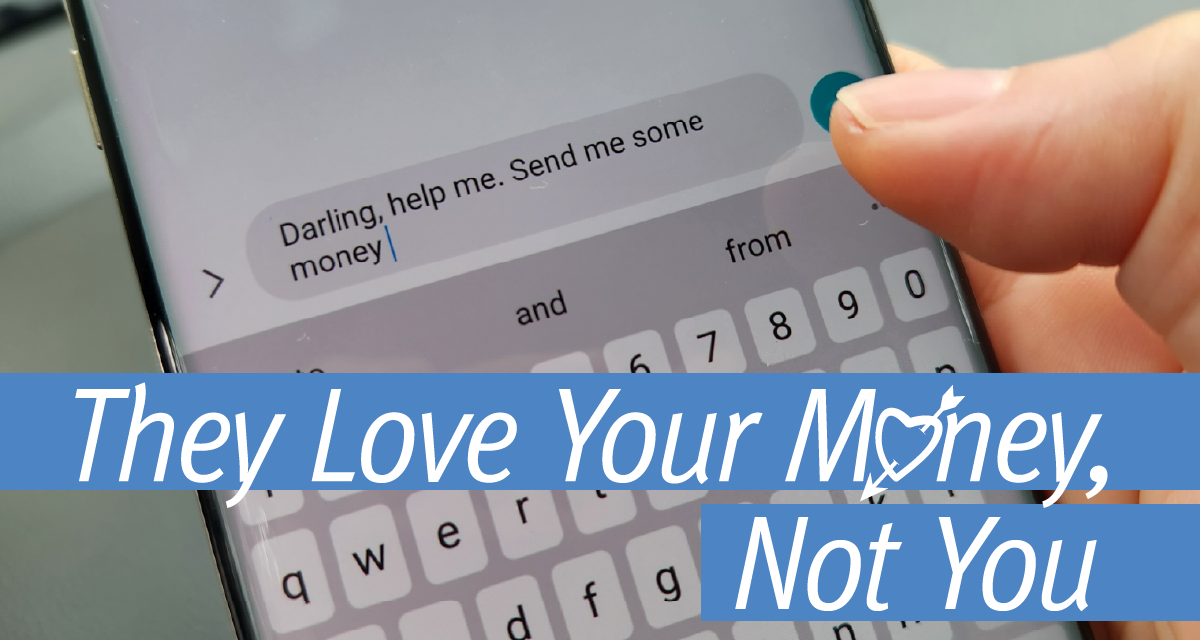Have you ever thought about the risks of online dating? It’s crazy how we’re all so connected these days. While there’s a lot of excitement in meeting new people online, there’s also a darker side to it: romance scams. These scammers know how to play on our emotions, creating fake relationships just to end up asking for money. It can break your heart…and wallet.
So, here’s how it usually goes down. Scammers often start out by reaching out to you through dating apps or even social media. They’ll spend weeks or months building a connection, making you feel incredibly special with sweet messages and grand romantic gestures. They might even claim to have high-powered jobs and live overseas, which is their way of avoiding an in-person meeting.
Watch out for those quick confessions of love—it’s a classic move called “love bombing.” Scammers speed up the emotional connection to gain your trust, and before you know it, they’re spinning dreams of a future together – all without having met you face-to-face. Then comes the gut punch—the need for money.
They might fabricate emergencies like a sudden medical issue, needing travel money to finally meet up, or claiming they’re in some kind of business crisis. Each story is designed to pull at your heartstrings and make you feel urgent about helping them out. They often insist you keep it a secret, making you feel isolated from friends and family. The emotional fallout can be massive. Victims are left feeling betrayed and embarrassed, not to mention the financial hit they take. So, how can you protect yourself from this kind of heartache?
Here are some tips:
- Be cautious with quick declarations of love. If someone you’ve never met is laying it on thick right away, that’s a warning sign.
- Never send money to someone you’ve only met online! This is the golden rule. Even if their story sounds believable, if they ask for cash—it’s likely a scam.
- Verify who they say they are. You can do a reverse image search on their profile picture, since many scammers use stolen photos. And if they always dodge video calls, that’s definitely a red flag.
- Be skeptical of their elaborate stories. If it sounds too dramatic or coincidental, it probably is. Talk it out with friends and family. Getting an outside perspective can help you see things more clearly. Trust your gut. If something feels off, it probably is.
At the end of the day, it’s essential to remember that not everyone online has good intentions. By recognizing the signs and staying vigilant, you can protect yourself, both emotionally and financially. Education is your best defense against fraud. To learn more about protecting your personal information and finances, visit Mid Oregon’s Security and Fraud Page: https://ow.ly/hjHm50V9XE1.





